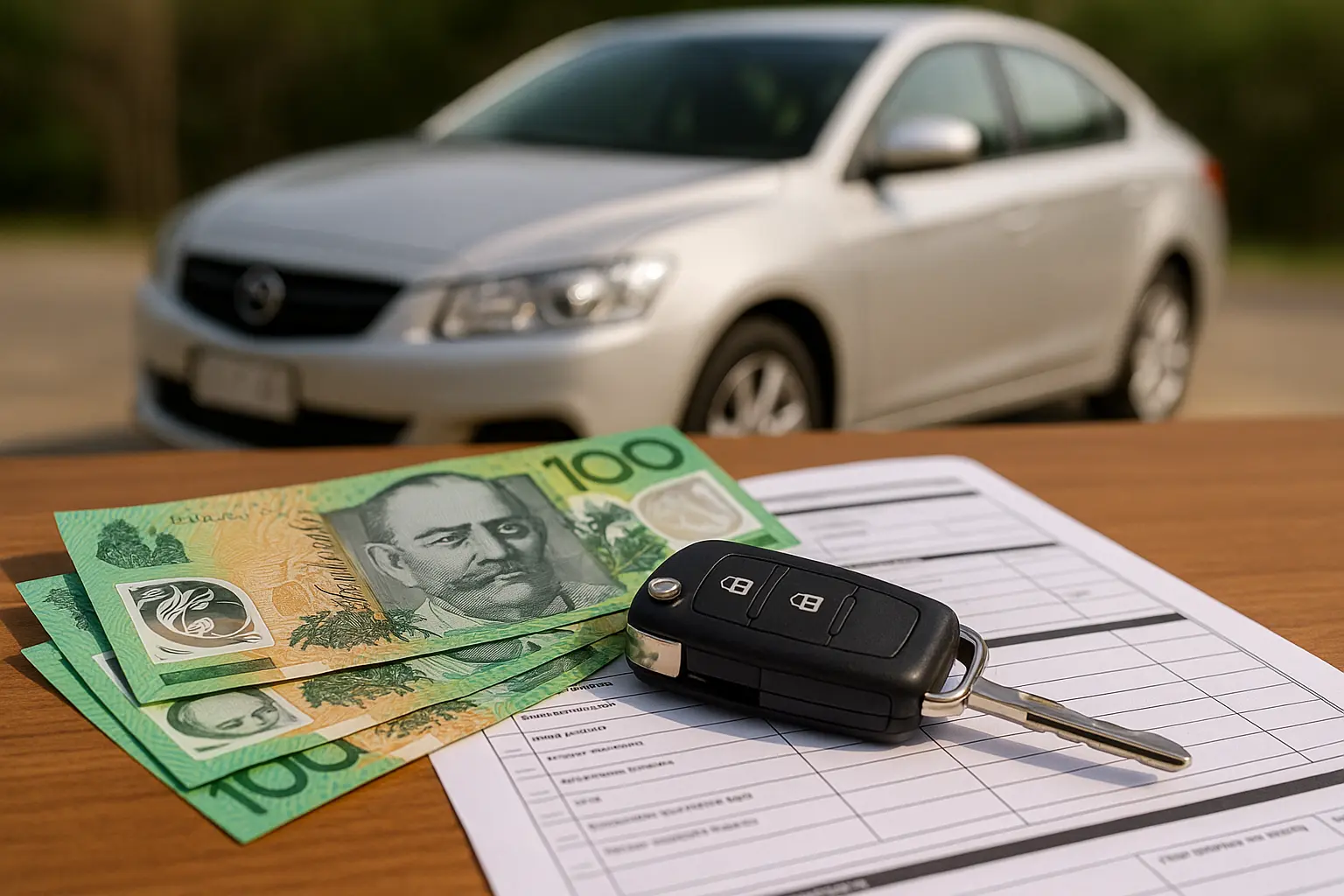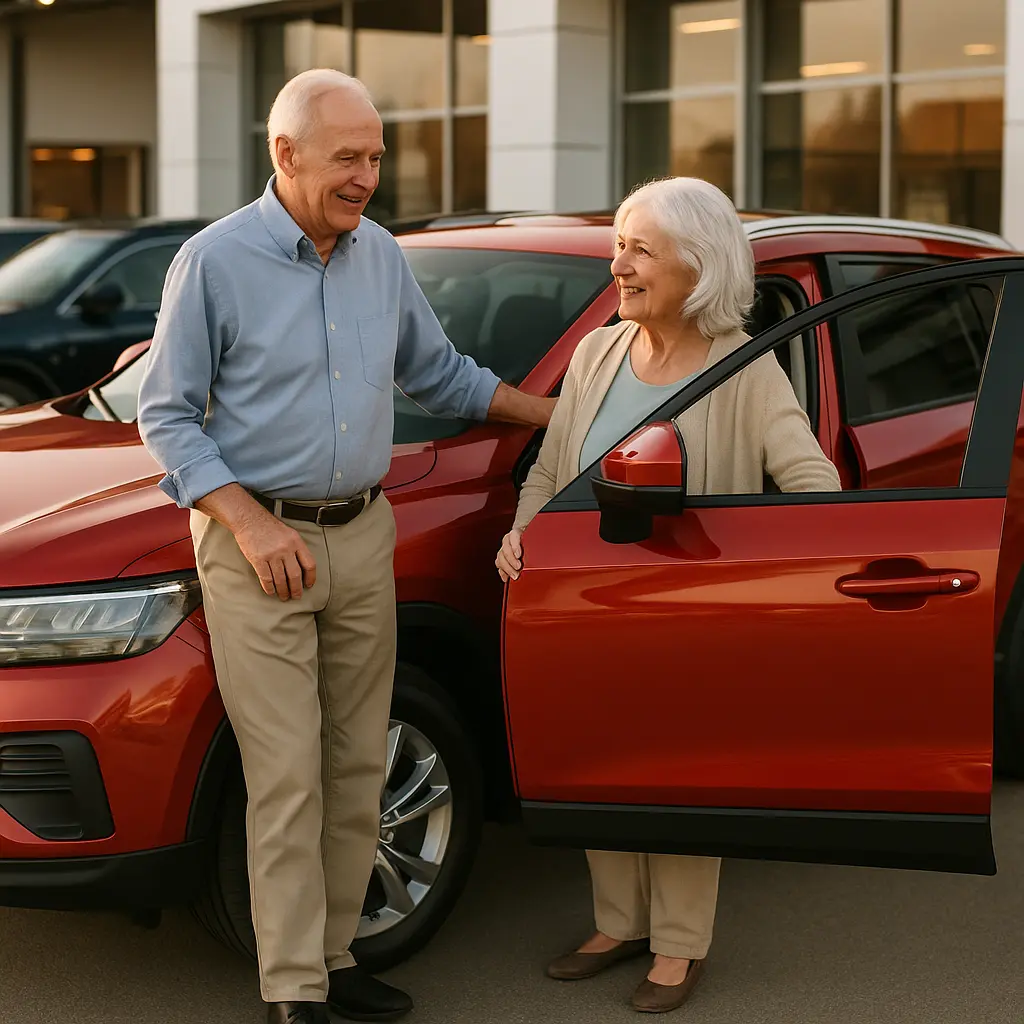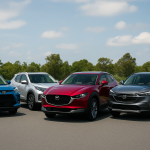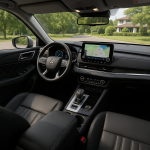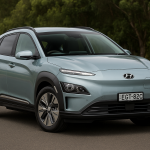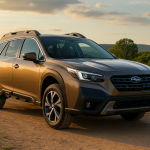How Much Does It Really Cost to Own a Car in Australia in 2025?
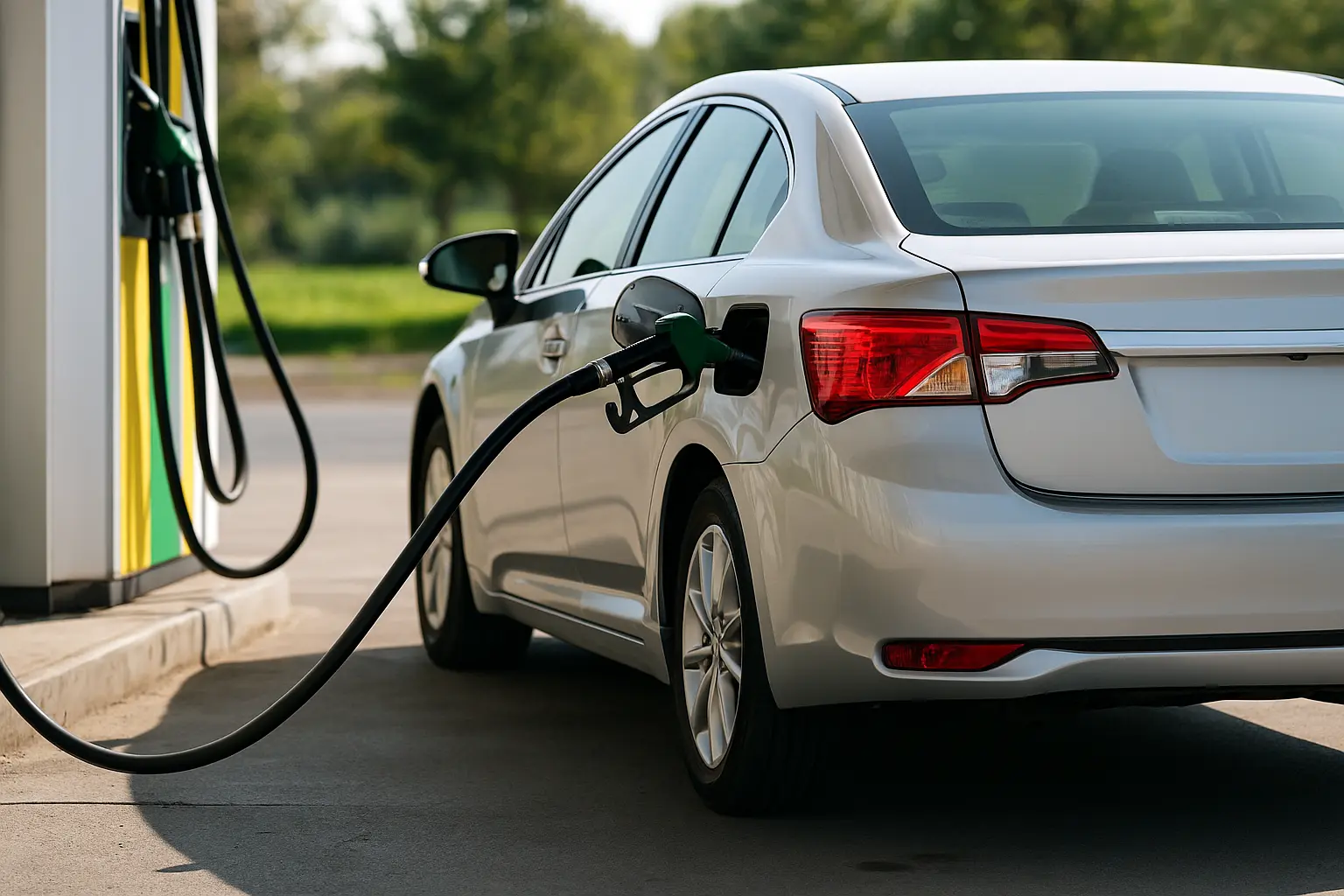
Owning a car is considered a necessity for many Australians, but how much does it really cost to keep a vehicle running in 2025? While prices vary depending on vehicle type, driving habits, and location, the average Aussie car owner might be spending significantly more than expected each year. In this comprehensive breakdown, we look at all the key cost components of car ownership in Australia for 2025.
Table of Contents
- Why Knowing the True Cost Matters
- Purchase Price and Financing
- Registration and Licensing
- Insurance Costs
- Fuel and Energy Costs
- Maintenance and Repairs
- Tyres and Wearables
- Depreciation
- Roadside Assistance
- Tolls and Parking
- Cleaning and Detailing
- EV Ownership Costs
- Subscription and Leasing
- Used vs New Cost Comparison
- Final Budgeting Tips
1. Why Knowing the True Cost Matters
Many Australians look only at the purchase price. But ongoing ownership expenses can stretch budgets and lead to financial strain. Understanding these hidden and recurring costs can help you:
- Make better purchase decisions
- Compare vehicles smartly
- Prepare for long-term financial planning
2. Purchase Price and Financing
Average Costs in 2025:
- New car: $40,000
- Used car: $22,000
- Luxury model: $70,000+
On-Road Costs:
- Stamp duty
- Dealer delivery
- Registration
- CTP insurance
Financing Insights:
- New car loans: ~6.5% interest
- Used car loans: ~9% interest
- Average loan term: 5 years
- Monthly repayment: $600–$950
Tip: A 20% deposit reduces your total interest and risk of negative equity.
3. Registration and Licensing
Annual Registration (State Averages):
- NSW: $724
- VIC: $865
- QLD: $730
- WA: $730
- SA: $660
- ACT: $825
- TAS: $710
- NT: $600
CTP Insurance:
Ranges from $300–$600 depending on your state and insurer.
Driver’s Licence Renewal:
- ~$150–$300 every 3–5 years
4. Insurance Costs
Types of Cover:
- CTP: Compulsory
- Third-Party Property: Covers others' property
- Third-Party Fire & Theft: Mid-range option
- Comprehensive: Full protection
Average Premiums (Annually):
- Hatchback: ~$950
- SUV: ~$1,200
- EV: ~$1,400
- Performance: $2,000+
Factors influencing cost include your age, driving history, suburb, and car value.
5. Fuel and Energy Costs
2025 Average Fuel Prices:
- Unleaded 91: $2.05/L
- Premium 98: $2.30/L
- Diesel: $2.15/L
Yearly Cost Based on Vehicle Type:
- Hatchback (6L/100km): ~$2,460
- SUV (9L/100km): ~$3,690
- Ute (11L/100km): ~$4,510
EV Charging:
- Home (off-peak): ~$0.25/kWh
- Public fast charger: ~$0.60/kWh
- EV avg. energy use: 18kWh/100km
- Annual charging: $900 (home) – $2,160 (public)
6. Maintenance and Repairs
Annual Estimates:
- New cars (under warranty): ~$300
- Out-of-warranty: $800–$1,200
Typical expenses include:
- Logbook servicing
- Oil changes
- Brake pads
- Filters, fluids
- Spark plugs
- Battery tests
Note: EVs usually have fewer servicing needs.
7. Tyres and Wearables
Typical Replacement Costs:
- Hatchback: $400–$600
- SUV: $800–$1,200
- Performance tyres: $1,500+
- Brake pads: $200–$500
- Battery (regular): $180–$400
- EV/Stop-Start battery: $1,000+
8. Depreciation
Often the biggest invisible cost.
3-Year Depreciation Estimates:
- Hatchback: ~45%
- SUV: ~40%
- Ute: ~30%
- Luxury: ~55%
- EV: ~45%
Example: A $40,000 car could be worth just $24,000 in three years.
Tip: Choose cars with strong resale value like Toyota, Subaru, or Mazda.
9. Roadside Assistance
Annual Cost:
$80–$180
Free for new cars for up to 5 years. Includes:
- Battery replacement
- Flat tyres
- Emergency fuel
- Lockout help
- Towing
10. Tolls and Parking
Tolls:
- Daily commuters: $1,000–$2,500/year
Parking:
- CBD: $25–$60/day
- Monthly: $300–$600
- Street/Suburban: Often free or limited time
11. Cleaning and Detailing
- DIY: $5–$10/wash
- Drive-thru wash: $15–$25
- Full detailing: $200–$400 (as needed)
Annual cleaning spend ranges from $150–$800+.
12. EV Ownership Costs
Additional EV benefits:
- Less mechanical wear
- Brake pads last longer due to regen braking
- Fewer fluids
- Lower service costs
Potential EV Costs:
- Wall charger: $1,200–$2,500
- Battery replacement: $10,000+ (after 8–10 years)
- Battery warranty (2025 norm): 8 years
Some states offer EV registration discounts and rebates.
13. Car Subscription and Leasing
Subscription:
- Includes rego, insurance, servicing
- Monthly: $800–$1,500
- Great for flexibility but costly long-term
Leasing:
- Novated leases (via employer)
- Tax effective
- 3–5 year terms
- Fixed running cost estimate per month
14. Used vs New Comparison
| Feature | New Car | Used Car |
|---|---|---|
| Purchase Cost | Higher | Lower |
| Depreciation | Faster (initial years) | Slower |
| Warranty | Full | Partial or none |
| Maintenance | Less (initial years) | More (age-related) |
| Finance Rates | Lower | Higher |
Tip: A 3-year-old vehicle is often the best sweet spot for value.
15. Final Budgeting Tips
Total Estimated Annual Ownership Cost (2025):
- Budget Hatchback: $8,500
- Mid-size SUV: $10,500
- Ute: $12,000
- Electric Vehicle: $9,000 (w/ home charging)
- Luxury Car: $15,000+
Smart Ways to Save:
- Buy ex-demo or late-model used
- Review insurance annually
- Opt for fuel-efficient models
- Perform regular maintenance
- Drive efficiently to save fuel
Conclusion:
Owning a car in Australia in 2025 comes with more than just the purchase price. By understanding all the associated expenses—from insurance to depreciation—you can make better financial choices, pick the right car for your lifestyle, and avoid budget blowouts.
Leave a comment
Your email address will not be published. Required fields are marked *


